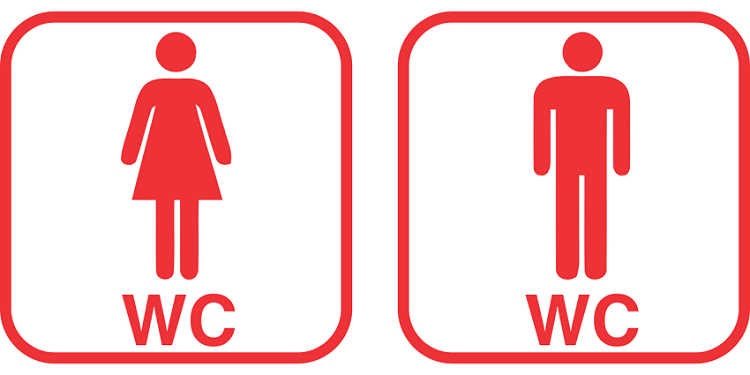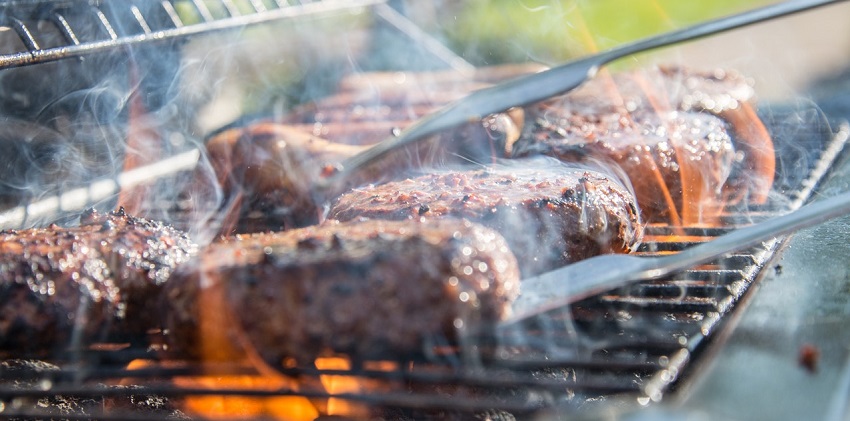Checkout using your account
Checkout as a new customer
Creating an account has many benefits:
- See order and shipping status
- Track order history
- Check out faster
Monthly Archives: March 2020
-
Read more »
Top 10 Tempting Things to Flush that You Know You Shouldn’t
As a business, it is important to know what you can and cannot flush down the toilet and sinks, because there have been a number of companies fined for allowing FOG (Fat, Oil, Grease) to enter the wastewater system. However, it is important that domestic premises also follow these rules to avoid any potential problems with the water supply and do their bit to prevent fatbergs from forming.
Here is a list of the top 10 tempting things to flush that you know you shouldn’t.
-
Read more »
How Is Corona Virus a Threat to Our Sewer Systems?
Coronavirus is moving fast. Alongside surges in the numbers of detected cases, and calls for lockdowns in cities across the world, supermarkets in the UK are currently facing panic buying on an unprecedented scale.
Alongside mass-sales of hand sanitisers and soap, packs of toilet roll have been flying off the shelves of British supermarkets, too. But, while stockpiling soaps and sanitisers has been rightly condemned - as a sales-trend which could have serious consequences for those who need that soap the most - the sales in loo roll have been laughed off by many, as simply ridiculous.
Ebay auctions which have seen packs of 72 rolls of Andrex flogged at over £50 a pop are certainly laughable, but the sinister consequences of this sales trend are nothing to scoff at. It could well spell disaster for our sewers.
How?
-
Read more »
The Truth About Fatbergs
We Brits love our food fast and fried – with England alone being fit to burst with nearly 60,000 fast-food joints. As we gorge on endless pizzas, fish and chips and Chinese takeaways, the businesses which we pay to produce our deep-fried mains, snacks and sides are churning out thousands upon thousands of tonnes of fat, oil and grease (FOG) waste.
And that’s not to mention Britain’s 27 million households, tens of thousands of restaurants, pubs, and canteens (to be found in offices, schools, hospitals and prisons up and down the country) – who all contribute their fair share of FOG.
Where does it all go? The answer to that question is one which many of us would rather ignore.
Often, those difficult-to-dispose-of FOGs end up being sent straight down our drains and into our sewers, where they contribute to one of the biggest problems which we face today: fatbergs.
But what exactly are these monsters lurking under our streets?
-
Read more »
How Are Commercial Catering Equipment Manufacturers Tackling Fatbergs?
We’ve all heard about the fatberg problem. Fats, oils and grease (FOGs) are slipping down our drains and into our sewers where they cool and coagulate, forming huge concrete-like fatbergs over time which block pipes and make it more likely that raw sewage will overflow directly into our waterways.
It’s a huge issue and we are all, in part, responsible. Those FOGs are coming from households, offices, schools, prisons and hospitals across the country. But the culprits most often pointed out in the media – and most often fined by water companies for playing a part in creating these sewer-blockers – are food businesses.
From fast food joints to fine-dining restaurants, food businesses are being called upon to take on the FOG problem and ensure that they are doing the very best they can do to make fatbergs a thing of the past.




